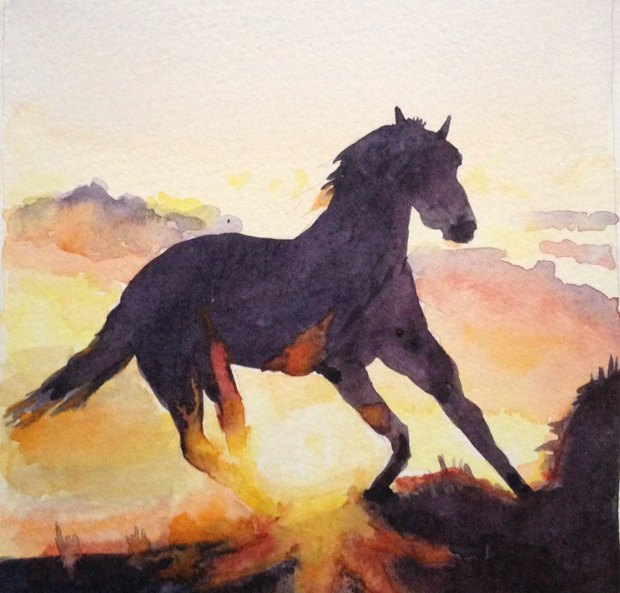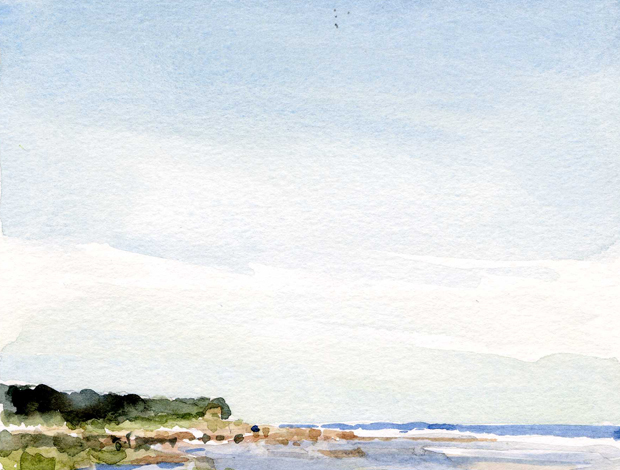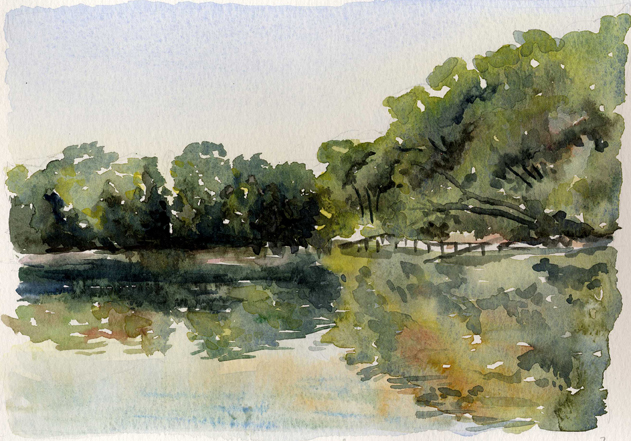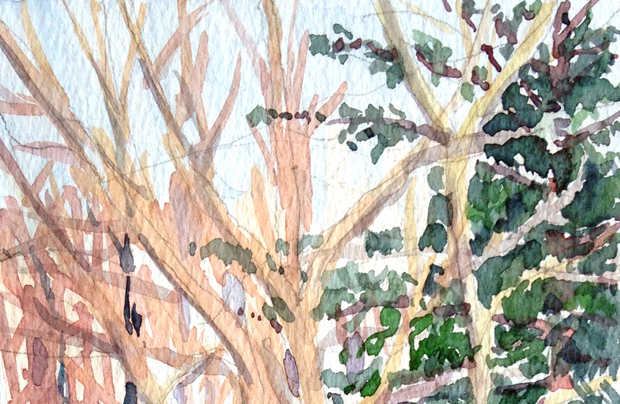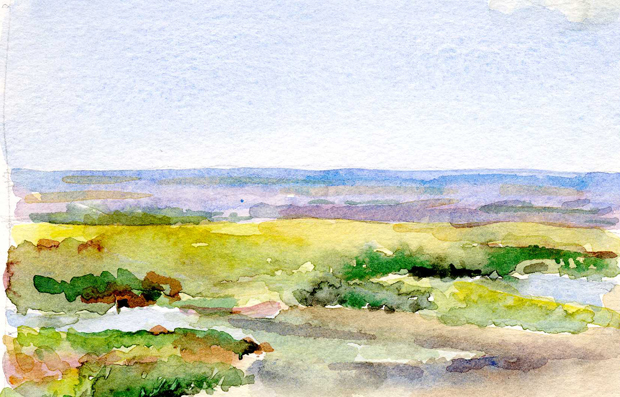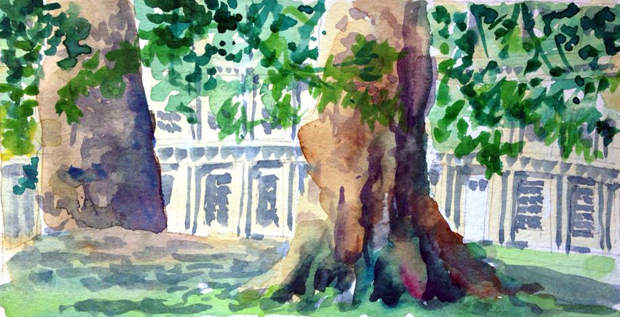In her mesmerizing TED talk, neuroanatomist Jill Bolte Taylor tells the story of having a stroke in her mid-40s. She points out that, biologically speaking, we are not thinking beings who feel. We are feeling beings who think. Great intelligence resides in the space of our heart and when we nurture that with breath and awareness, our resilience and creativity in crisis increases dramatically.
This innate wisdom and gift of connection to our fellow beings is lost in the rush to analysis brought on by recent crises and instability around the world. We channel our inner Jack Ryan when we resort to habitual ways of relating to the crisis, to each other, and to any possible courses of action that occur to us. Still, in modern western culture, reason and analysis are revered above all. Anyone who suggests a more feeling response is ridiculed as soft or complicit. Continue reading


